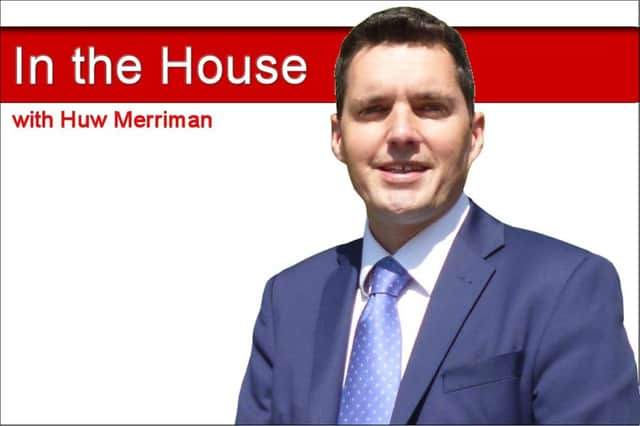Parliament hears of local road and rail needs


During my first two years, I have been made acutely aware of the traffic blight which is impacting many residents. Those who live in Hurst Green and Little Common are particularly impacted. The former has the A21 running through it. Bypass options have come and gone and the residents are frustrated that more housing is proposed without any solution to the existing traffic problems. The latter has been particularly impacted by the new Link Road. Traffic numbers were estimated to rise by 14% but, following a request from residents, I found that the levels had gone up by 20%. The bypass option was shelved for the A259 when the Government postponed the South Coast trunk road programme in 2001. I recently asked our local authorities to consider a £20bl Government fund to deliver new roads which unlocked housing. This did not favour with our local partners.
Not willing to be defeated, I applied for, and opened, a 90 minute debate in Parliament on Wednesday on ‘Roads Infrastructure’ in order to put my bid in to the new Roads Minister. The timing was good because, on that day’s front page of The Times, it was announced that the Government was opening a £1bl per year Bypass Fund for local authorities to apply for. There were many colleagues from across the country ready with their wish-list but I was the first MP to put in a bid in. I explained the problem in Hurst Green and Little Common to the Roads Minister just as I have set out here. We now need, as I also explained, to ensure that the fact that the A21 and A259 are controlled by Highways England is not an obstacle.
Advertisement
Hide AdAdvertisement
Hide AdThe previous day, I spoke in a debate which I had called for on the floor of the House of Commons, but was surprised to be granted, on Southern Rail. Specifically, I wanted MPs to consider the new report by the rail expert, Chris Gibb. This report was commissioned by the Government to assess why the performance of our railway has been so poor and the recommendations to be pursued. In my own speech, I urged colleagues to accept that the network was so full to capacity that we would have to make some of the harder local choices if we want the network as a whole to run properly. This may mean less station stops and reduced timetables during off-peak to prepare for rush-hour, moving some services from Southern to Southeastern and other impactful changes. It also means, as the report makes clear, that everyone needs to embrace change and work to make the railway a success. I made it clear that train drivers striking when the changes are not new to 30% of the UK’s railways and are not altering pay and conditions is the last thing we need if we want to redesign the network as a whole.
The question which is often asked, but surprises me the most, is: why I am in Parliament, rather than the constituency, during the week? In fact, I am always in the constituency on Friday, but the aim is to take the message I hear on that day, or when Parliament is not sitting, and use my voice in Parliament to demand action from the Ministers at the dispatch box. They will not hear me from our beautiful seafront.